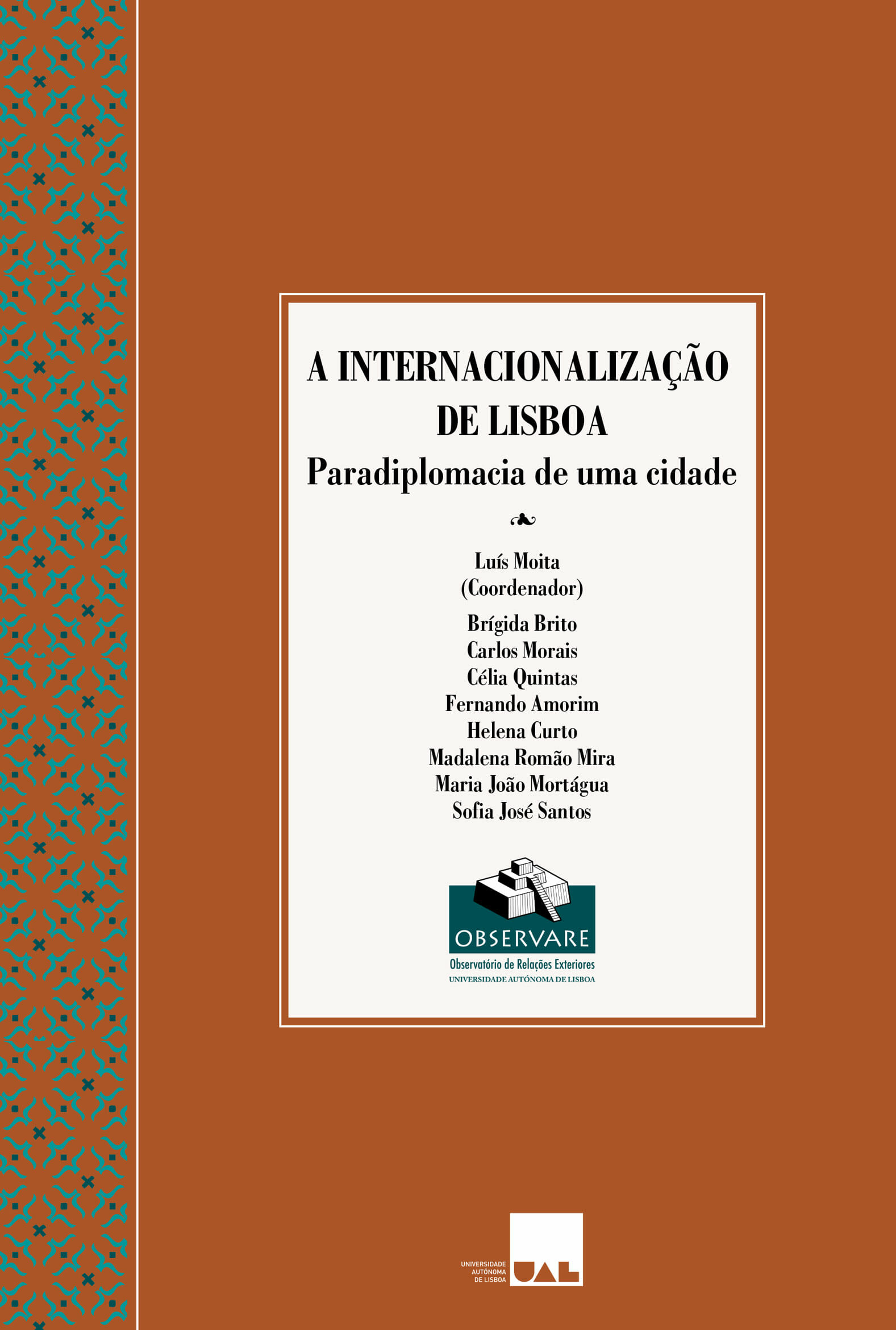The evolution of the international situation seems to favor the role of cities as focal points of the socio-economic, cultural and even political dynamics that cross our world. this is not just explained by the recent emergence of authentic city-states such as Hong Kong and singapore, not even by the growing urbanization of the planet’s inhabitants, nor even by the expansion of the great metropolises that, in the various continents, are classified as “global cities ”. The truth is that the local authorities, especially those in large urban concentrations, are today seen as actors in their own international life and develop an active intervention that powerfully interferes in contemporary globalized processes. It may even be admitted that, in the context of the current weakening or weakening of political decision-making centers at the level of central governments, other players are taking center stage, as is the case with transnational firms, but certainly also with cities. For some reason, some thinkers have admitted the possibility of moving towards a system of Hanseatic type, in reference to what happened in the vast riverside area of the Baltic Sea, from the end of the Middle Ages, in a protocapitalist experience, in which, in the absence of a unifying political power, the management of this zone was ensured by an alliance of cities (Lübeck, bergen, Hamburg, riga …) and by a league of merchants, the Hanseatic League. without being able to extrapolate this experience artificially, some analogy allows us to evoke this antecedent, because surely in our time multinational companies and large metropolises have an increasing weight in the governance of the global web.
Coordination: Luís Moita
A internacionalização de Lisboa: paradiplomacia de uma cidade
Lisboa: OBSERVARE-UAL, 2017



